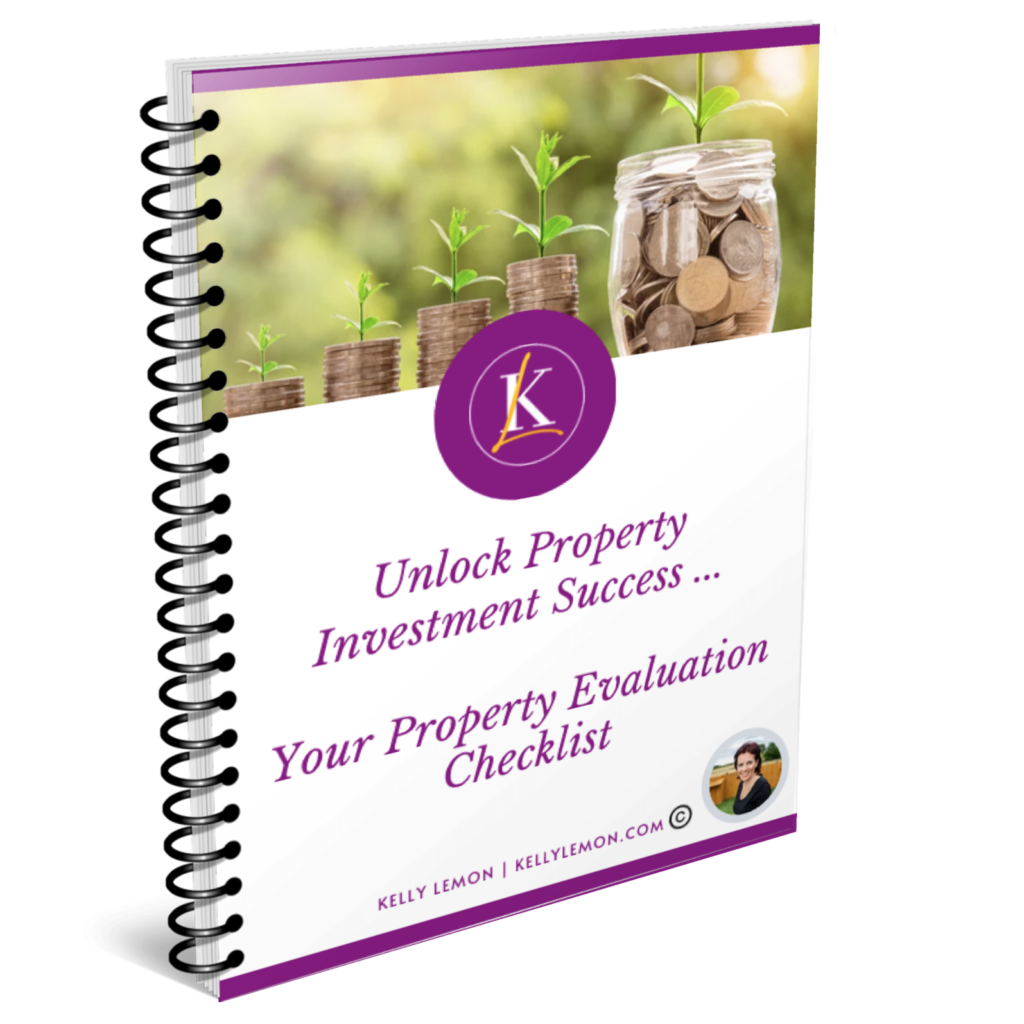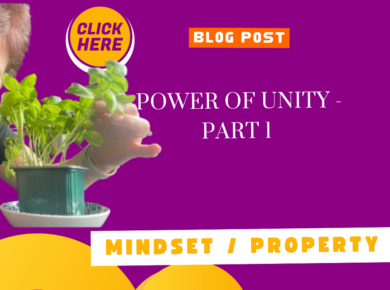Picture this: I’m sitting on top of a Turkish mountain at a juice retreat, enjoying a peaceful moment in my bikini and sipping freshly pressed juice. The view is breathtaking, and I’m completely relaxed. Then, a woman hesitantly approaches me.
“Can I talk to you?” she asks.
Curious, I agree, and we step aside. She begins to tell me her story. She’s in the middle of leaving her husband, about to buy him out of their shared home, and she’s torn. Her big question: should she go for a capital repayment mortgage or an interest-only mortgage?
This wasn’t your typical holiday chat, but I could see she needed clarity. The choice she made would significantly impact her financial future, so we dove into the details.
Understanding the Basics
I explained that a capital repayment mortgage is what most people think of as a “traditional mortgage.” Each monthly payment covers the interest and a portion of the loan’s principal. By the end of the term, you own the property outright. It’s a structured, set-it-and-forget-it option.
On the other hand, an interest-only mortgage means you only pay the interest each month. The loan amount (the capital) remains untouched throughout the term, leaving it to be repaid at the end. It’s a more flexible option with lower monthly payments but requires a clear plan for repaying the capital.
She nodded, but I could tell she wasn’t sure how to decide. So, that led me to my next question.

How Much Cash Flow Do You Have?
“Let’s talk about your cash flow,” I said. “How much breathing room do you have each month?”
If she chose a capital repayment mortgage, her payments would be higher, leaving her less flexibility. “If your cash flow is tight,” I explained, “you’ll have little room to manoeuvre if something unexpected happens.”
I shared my own experience during COVID-19. Because I always plan for the future, I didn’t need to take any government support or mortgage holidays. My interest-only mortgages allowed me to keep the capital element back for working cash flow. I could turn the tap on or off when needed, and that flexibility paid off.
This reminded me of a powerful quote:
“Luck is what happens when preparation meets opportunity.” – Seneca
Being prepared financially allowed me to weather uncertainty. And that led me to my next question.
Can You Manage Money Well?
“Be honest with yourself,” I said. “Are you disciplined with your finances?”
Interest-only mortgages are great if you’re good at managing money because they give you options. Most allow you to overpay up to 10% of the loan each year without penalties. “If you’re disciplined, you can use this to your advantage,” I explained. “You can overpay in good years and hold back when cash flow is tight.”
But I was upfront about the risks. “If you’re not good at managing money or if you think you’ll spend the extra cash instead of saving or investing it, a capital repayment mortgage might be a safer bet.”
It reminded me of a favourite lesson:
“Discipline is the bridge between goals and accomplishment.” – Jim Rohn
Without discipline, even the best financial decisions can fall apart.
This made her pause. “So, if I’m not disciplined, I could end up in trouble with an interest-only mortgage?”
“Exactly,” I said. “It’s not about which option is better overall; it’s about which one suits your situation.”
What Are Your Long-Term Plans?
She admitted she hadn’t thought much about how she’d repay the capital at the end of the mortgage term. “What’s your plan for the future?” I asked. “Do you have investments, savings, or assets to cover the loan when the time comes?”
If you don’t have a clear repayment strategy, a capital repayment mortgage ensures the debt is reduced every month and fully paid off by the end of the term. It’s a more structured option for those who prefer certainty.
But if you’re like me and value flexibility, an interest-only mortgage offers breathing room for emergencies and investment opportunities. “Just make sure you have a plan for the end,” I added.

The Parable of the Farmer and the Seeds
A farmer had two fields. Each spring, he sowed seeds in both, but he treated them differently. In the first field, he watered and nurtured the plants daily, ensuring they had everything they needed to grow. In the second field, he was inconsistent—watering one week, forgetting the next, and letting weeds take over.
By harvest time, the first field produced an abundant crop, while the second yielded very little. The difference wasn’t the quality of the soil or the seeds; it was the discipline of the farmer.
“Your finances are like those fields,” I told her. “With discipline, you can grow something remarkable. Without it, even the best opportunities can wither away.”

A Balanced Perspective
By the end of our conversation, she felt more confident about her decision. She realised that neither mortgage type is inherently better—it all depends on your financial habits, cash flow, and long-term goals.
This also reminded me of a key truth:
“By failing to prepare, you are preparing to fail.” – Benjamin Franklin
For me, this chat reinforced something I’ve seen many times: financial decisions require self-awareness and planning.
One Decision Among Many
Deciding between interest-only and capital repayment mortgages is a big decision, but it’s just one piece of the puzzle when buying a property. There are so many other factors to consider, from your legal responsibilities to your long-term financial strategy.
That’s why I’ve created a Property Buying Checklist to help you cover all the bases. You can download it now to make sure your next purchase is set up for success.
Join My Community
Are you navigating a big financial decision or looking to make smarter choices in property investment? Join my email list for insights, advice, and support. Together, we’ll help you find the right path.
Stay Tuned for Part 2
In Part 2, I’ll dive deeper into the practical considerations for property investors versus residential buyers. I’ll also share strategies for choosing the right mortgage type and discuss how behaviour and cash flow impact your decision. Don’t miss it!











